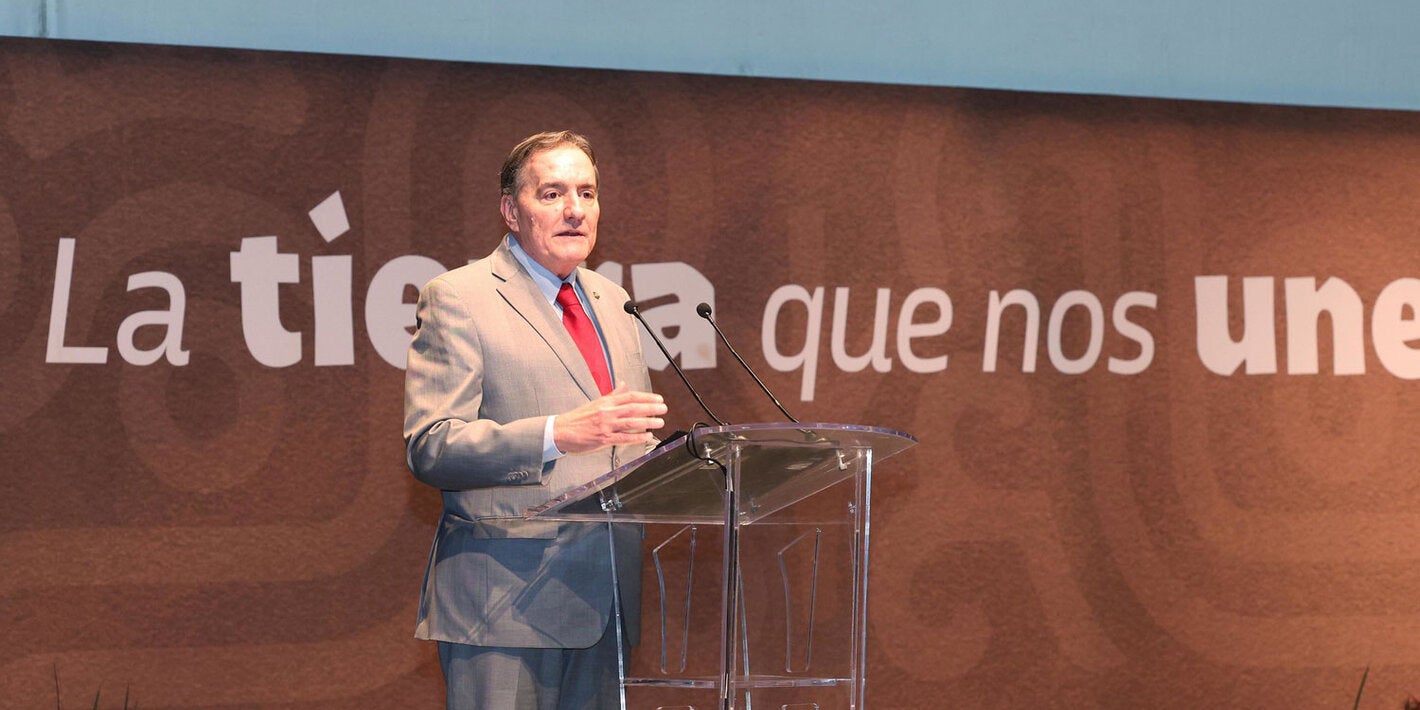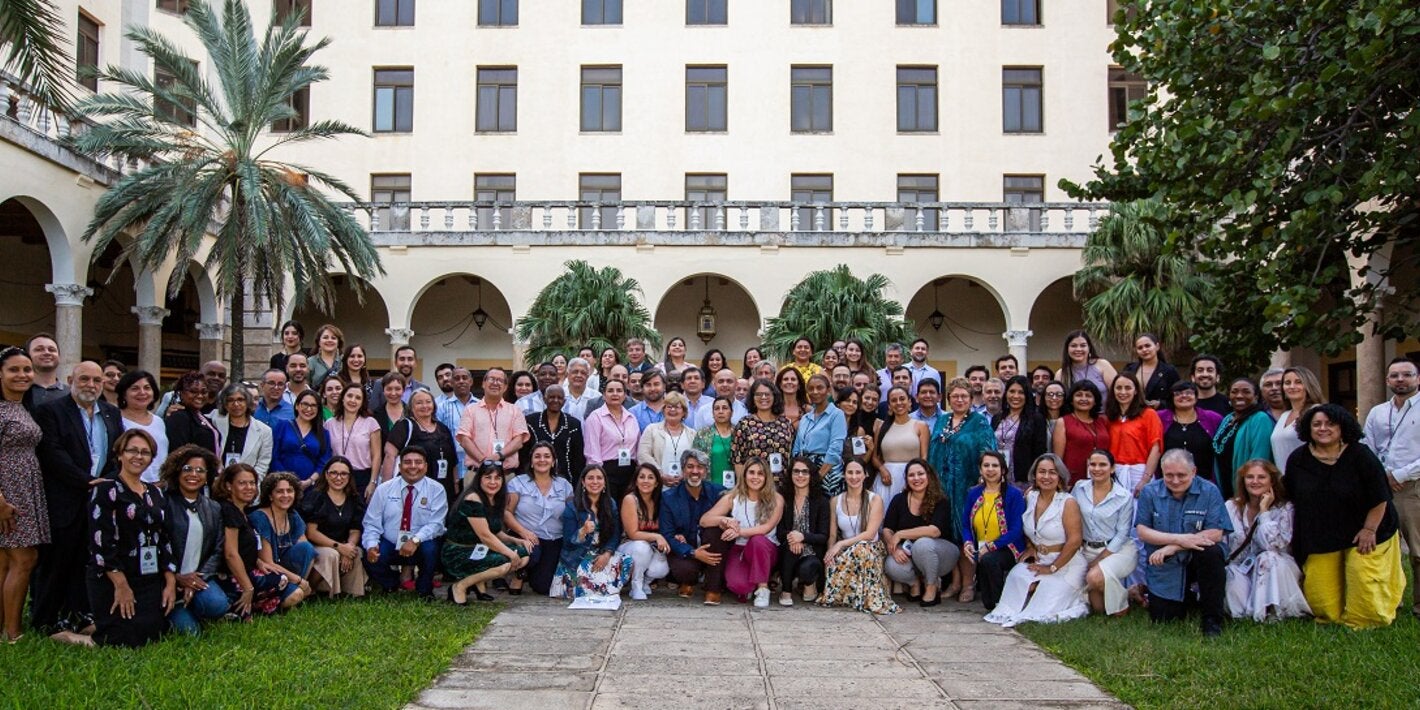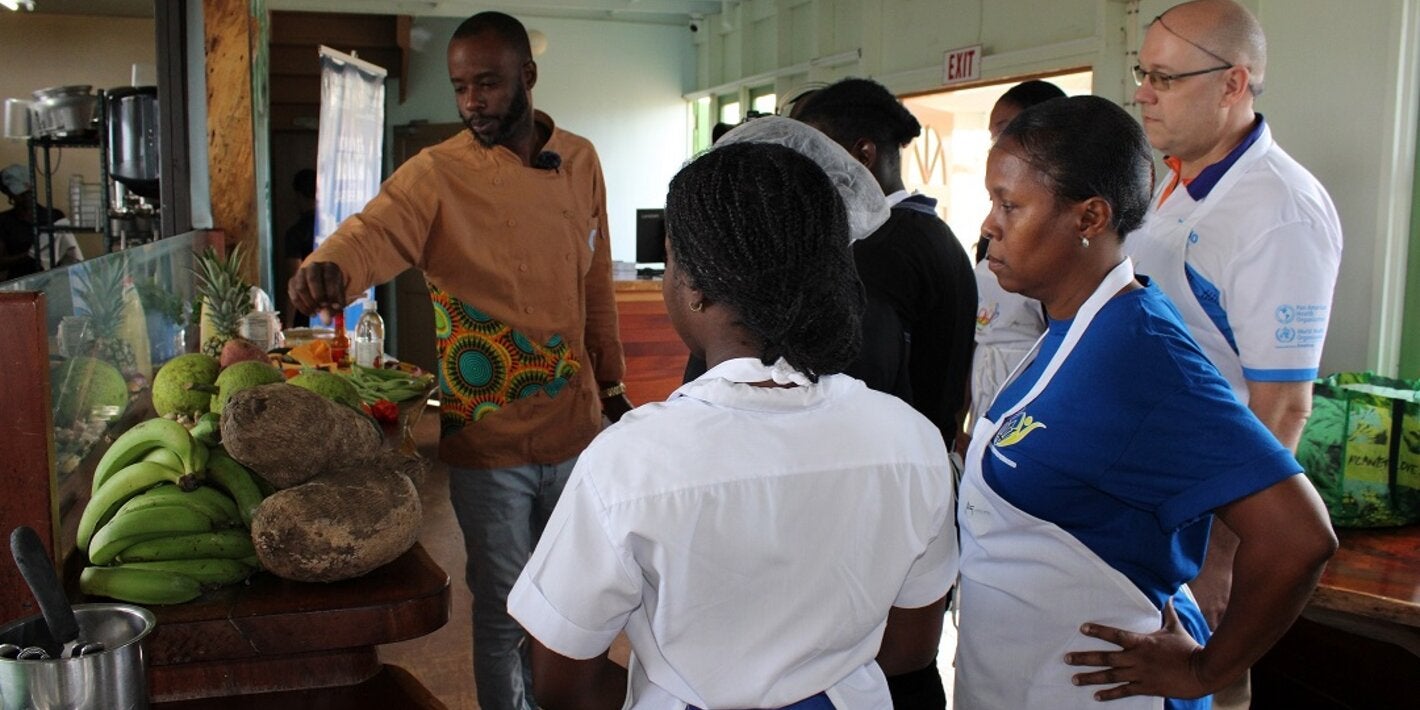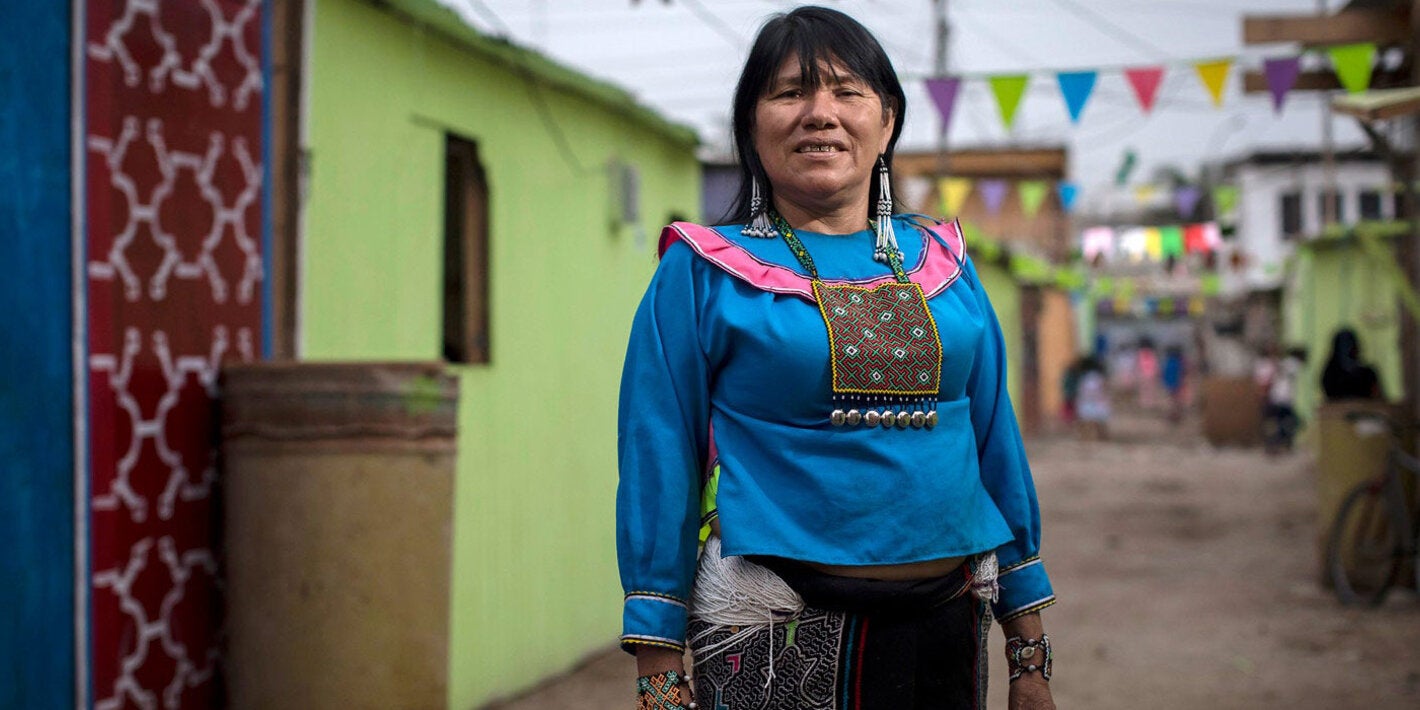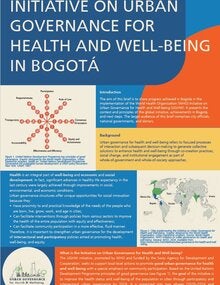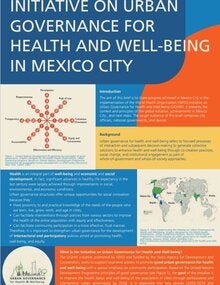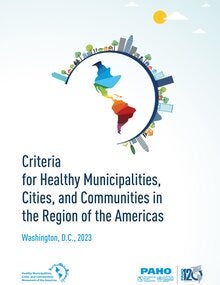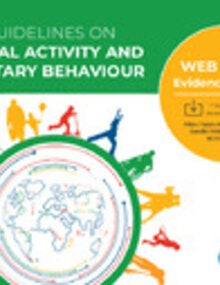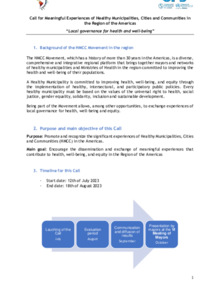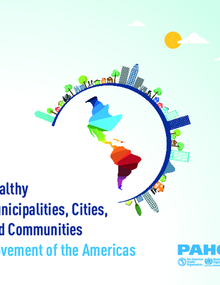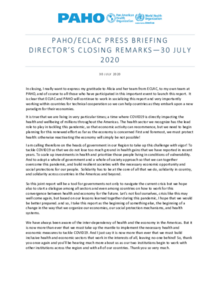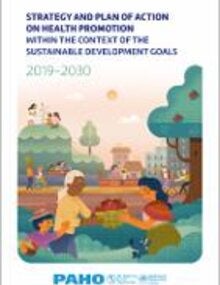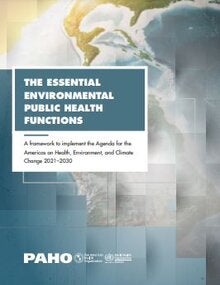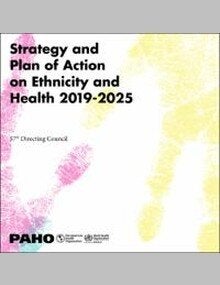The World Health Organization defines the social determinants of health (SDH) as “the circumstances in which people are born, grow, work, live, and age, and the wider set of forces and systems shaping the conditions of daily life.” In its conceptual framework, WHO distinguishes between structural and intermediary social determinants. The former includes the socioeconomic and political context in which power and other valuable resources are produced and distributed unequally among different social groups regarding social class, gender, and race-ethnicity. Social inequalities, in turn, produce health inequities and disparities in well-being—understood as unjust and avoidable differences in which disadvantaged social groups systematically experience worse health outcomes than privileged social groups (Whitehead, 2000). Intermediary determinants refer to the living and working conditions most directly related to people’s everyday realities: employment and working conditions, housing, transportation, and psychosocial conditions, among others. It is essential to highlight that within this conceptual framework lies a causal chain in which structural determinants are understood as the root causes of the intermediary determinants.
Setback in the Sustainable Development Goals (SDGs): The pandemic caused a 32% setback in the region’s progress toward the SDGs, especially in key health indicators such as maternal mortality, immunization coverage, and mental health.
Recommended investment in health: ECLAC and PAHO recommend increasing public health investment to a minimum of 6% of GDP, allocating at least 30% of that spending to primary health care.
Poverty and inequality: In 2022, 29% of the population in Latin America was living in poverty, and 11.2% in extreme poverty—figures similar to those from a decade earlier.
Infant and maternal mortality: People in the lowest income quintile have a maternal mortality rate 7 times higher and an infant mortality rate 4.5 times higher than those in the highest income quintile.
Unequal access to basic services: In 2019, the mortality rate attributable to unsafe water, poor sanitation, and lack of hygiene was 6 times higher in the lowest income quintile than in the highest.
Impact of the pandemic on employment: Latin America experienced its worst labor crisis since 1950 in 2020, with a 7% drop in GDP. In 2023, growth is projected to remain low at 1.8%.
Income inequality: In 2021, the 105 wealthiest individuals in Latin America held wealth equivalent to 4% of the region’s total wealth, reflecting a high concentration of wealth.
COVID-19 vaccination coverage: By the end of 2021, only 30% of the region’s population had completed the full COVID-19 vaccination schedule, reaching 70% by the end of 2022.
Education crisis: Latin America experienced the world’s longest educational shutdown during the pandemic, with in-person classes interrupted for 70 weeks—far above the global average of 41 weeks.
Excess mortality: Between 2020 and 2022, Latin America and the Caribbean accounted for 27% of the world’s total COVID-19 deaths, reflecting the pandemic’s disproportionate impact on the region.
Addressing the social determinants of health to promote greater equity in health and well-being across the Americas requires recognizing the complex and often long-standing causes of poor health and health inequities. This calls for research from both the social sciences and epidemiology.
By addressing the “causes of the causes” that are fundamental to both good and poor health—and which explain inequities—the social determinants of health approach can help remove major barriers to advancing health equity. In this framework, the necessary actions go beyond the sole responsibilities of the health sector, making it essential to strengthen coordinated action across different areas of public policy.
Intersectoral action improves the conditions in which people live throughout their lives and therefore can have a positive impact on health, well-being, and equity. It is also crucial to consider the impact that policies and programs developed by different sectors have on the health and well-being of the population (Health in All Policies).
PAHO’s Response is framed within the 2030 Agenda for Sustainable Development, launched in 2015, which aims to leave no one behind and ensure health for all throughout life, as established in Sustainable Development Goal (SDG) 3: “Ensure healthy lives and promote well-being for all at all ages.”
PAHO recognizes that addressing the social determinants of health through health policies and interventions to reduce inequality is essential for achieving universal access to health and universal health coverage. For this reason, one of the first decisions made by Dr. Jarbas Barbosa upon his election as Director was the creation, in 2023, of the Department of Social and Environmental Determinants for Health Equity. This Department is tasked with ensuring that the equity and social determinants approach is integrated into PAHO's core strategies, such as the Elimination Initiative, Better Care for NCDs, and reducing maternal mortality, within a strong and equity-centered primary health care framework that incorporates public health, health promotion, and action on the social determinants of health.
Previously, in 2017, PAHO launched its Policy on Ethnicity and Health, in which Member States committed to ensuring an intercultural approach to health and equitable treatment for Indigenous Peoples, people of African descent, Romani populations, and other ethnic minority groups. Similarly, the PAHO Strategic Plan 2020–2025 positions health equity as its central theme—"Equity at the heart of health"—reflecting a special commitment to allocating more resources to technical cooperation in order to close health gaps identified in eight countries of the Region.
In July 2022, PAHO published a Policy to Recover Progress Toward the Sustainable Development Goals with Equity, through action on the social determinants of health and intersectoral work. It outlines five strategic lines of action to overcome barriers and achieve health equity, including:
- Promoting intersectoral action,
- Encouraging community and civil society engagement,
- Reorienting health policies, plans, and programs,
- Strengthening local health governance, and
- Improving monitoring and evaluation of progress toward SDG 3.
Finally, PAHO is part of the Special Initiative on Social Determinants, referenced in the report, which includes five countries in the region (Colombia, Chile, Costa Rica, El Salvador, and Peru). This initiative aims to:
- Promote training resources for health professionals and communities on addressing social determinants and equity,
- Support policy evaluation with an equity approach and identify concrete multisectoral actions related to SDH, and
- Strengthen the health sector’s capacity to collaborate with other sectors (intersectoral action).


